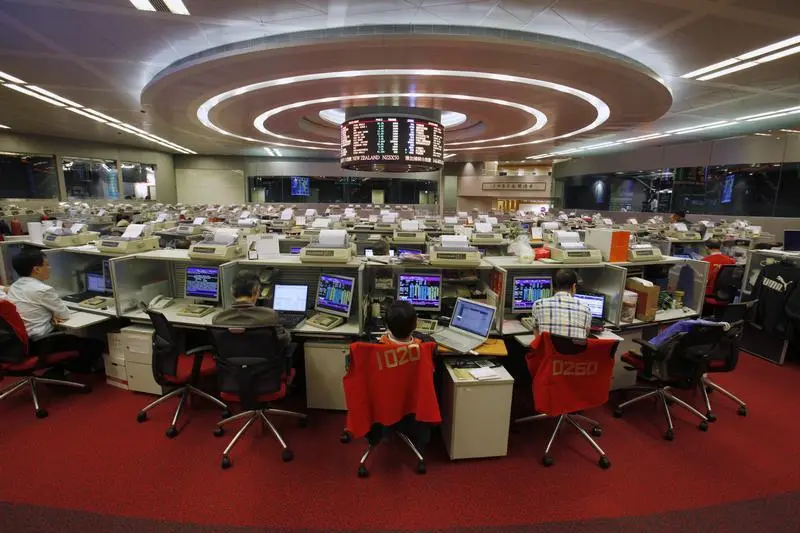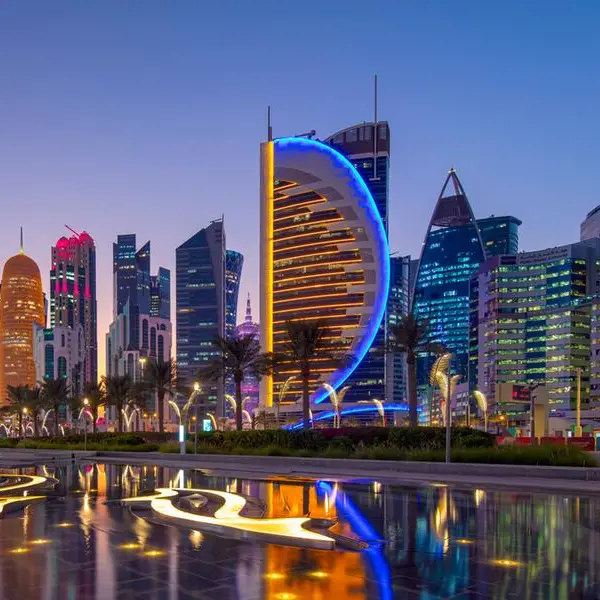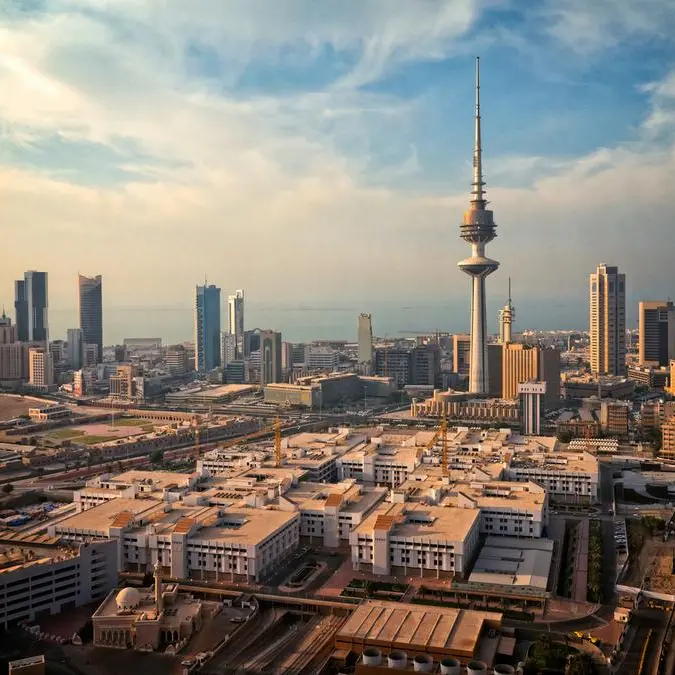PHOTO
State-backed institutions from the GCC have been bidding on Hong Kong’s capital markets as favourable government policies and the organisation’s leverage with China draw the interest of sovereign funds and high-profile investors.
The latest news from Hong Kong, which plans to develop an exchange-traded fund (ETF) in collaboration with Saudi Arabia, aims to further bolster economic relations between the two countries while also connecting mainland China with the kingdom.
Speaking at the Capital Market Forum in Hong Kong last week, Michael Wong, the deputy financial secretary of the administrative region, said they were working with financial institutions on the listing of an ETF in the Middle East to track Hong Kong’s stock indices.
“Hong Kong holds a strategic position, with long-standing comparative advantages in wealth management and private equity, making it an ideal hub for SWFs aiming to penetrate the Chinese market,” said Redmond Wong, Saxo Bank’s chief China strategist, based in Hong Kong.
“Moreover, the Hong Kong SAR government has been actively promoting the city as a preferred destination for GCC families seeking to establish family offices. This concerted effort underscores Hong Kong’s appeal as a centre for wealth management activities.”
Hong Kong’s family office sector is flourishing, with more than 2,700 single-family offices in the city, Deloitte said in a report.
According to Wong, another development in the investment landscape has been the utilisation of the mBridge platform by the Central Bank of the UAE to transfer 50 million Digital Dirhams to China on January 30.
“The mBridge platform is a multi-central bank digital currencies (CBDCs) platform designed to facilitate cross-border transactions. It is the result of a collaborative effort involving the Bank for International Settlements along with four founding central banks: the Central Bank of the UAE, the Digital Currency Institute of the People’s Bank of China, the Hong Kong Monetary Authority and the Bank of Thailand.”
The industry expert said this development signifies a trend of cooperation between China, Hong Kong and GCC countries in terms of trade and financial transactions, “which holds significant implications for investors from the GCC seeking opportunities in the East Asian markets.”
Investments in Asia
In recent years, the UAE and Saudi Arabia have emerged as dominant players on the landscape, with Abu Dhabi’s sovereign wealth fund first opening its office in Hong Kong in 2016, which it described as a move to “identify new opportunities in China and other key Asian markets.”
Saudi Arabia and its $700-billion sovereign-backed Public Investment Fund (PIF) has accelerated this impetus further since 2022, with offices in Hong Kong and China.
“Government engagements between Hong Kong, mainland China and the GCC continue to set the tone for a supportive investment landscape,” according to Christina Ma, Head of Global Banking, Asia Pacific at HSBC.
“Gulf sovereign wealth funds have been making tangible steps to realise the two-way investment corridor with Hong Kong as a gateway to China,” said Ma.
Speaking in Riyadh last year, the former chief executive of the Hong Kong Stock Exchange (HKEX) stated that China was set to receive $1 trillion to $2 trillion in investments from sovereign funds in the Middle East by 2030.
“As investment capital goes to $10 trillion, we think that more than somewhere between 10% and 20% will be invested in China,” Nicolas Aguzin said at the time.
Dubai’s Sheikh Ali Al Maktoum, a member of the emirate’s ruling family, is set to open a $500 million family office in Hong Kong by the end of May.
Noofal Shahin, Head of Business and Talent Attraction and Investment Promotion, Invest Hong Kong, said: “Over the past few months, several developments in the investment landscape have attracted attention from investors in the GCC region. Noteworthy among these is the introduction of Asia’s first ETF that connects two major markets, facilitating mutual access to capital markets and underscoring the financial hub’s role in linking diverse economic regions.”
The CSOP Saudi Arabia ETF, which was listed on the Hong Kong exchange in November 2023 and is Asia’s first ETF investing in Saudi Arabia’s equities market, attracted $1 billion in initial investment and has the PIF as an anchor investor.
According to Ma, the launch of the ETF was a perfect example of shifting trends in the investor landscape and serves as a steppingstone for future growth.
“Separately, HSBC and ADX [Abu Dhabi Securities Exchange] are working together to leverage HSBC Orion, which is the bank’s proprietary digital assets platform, to develop digital fixed income securities, paving the way for the introduction of a broader array of capital market use cases in the Middle East. It uses blockchain to enable the issuance of digital assets, hold them in custody and make them available for trading,” Ma said.
Developing landscape
With US investors cutting their China exposure, Gulf economies have started to fill the gap, looking to pick up bargains amid the slowdown.
The London-based Financial Times reported in March that Abu Dhabi’s sovereign wealth fund was looking to snap up Western investors’ stakes at a discount in funds managed by the Hong Kong–based PAG, an alternative investment firm managing more than $55 billion.
Leveraging this momentum, in March the Hong Kong government launched its New Capital Investment Entrant Scheme to attract investors, including foreign nationals, to secure residency in Hong Kong through investments in approved ventures.
Julian Wentzel, Head of Global Banking, Middle East, North Africa, and Türkiye at HSBC, told Zawya that institutional investors continue to be among the region’s biggest investors as the region progresses with ambitious economic transformation plans.
“Some investors are closely tied to the economic development of the country (for example, Saudi Vision 2030), while others are looking to diversify their exposure beyond the region by investing internationally in sectors including sustainability, artificial intelligence (AI), data centres, EVs [electric vehicles], healthcare and biotechnology,” Wentzel said.
According to Wentzel, energy transition is a key investment theme across sectors for governments, while the bank has also seen investments in domestic renewable capacity development as well as in yield-generating renewable assets abroad.
Yet even as the investor landscape appears robust for GCC investors, challenges remain, experts say.
“One significant challenge is Hong Kong’s ability to maintain its traditional role in providing intermediary services in international finance, particularly given the increasingly adversarial posture of the US towards Hong Kong, which has more fully integrated with mainland China,” said Wong.
“This adversarial stance may lead to regulatory uncertainties, increased compliance burdens, and potential restrictions, impacting Hong Kong’s attractiveness as a financial hub,” he added.
(Reporting by Bindu Rai; editing by Seban Scaria)





















